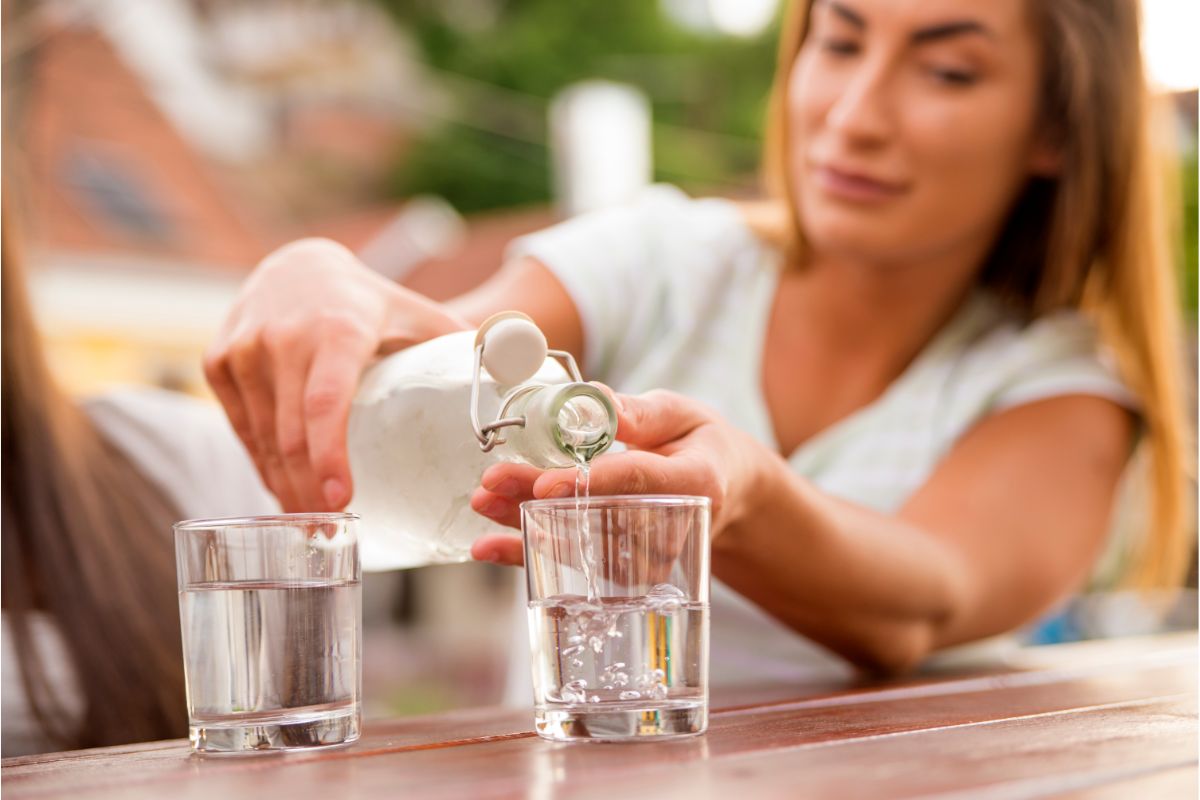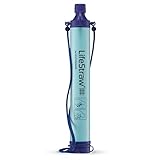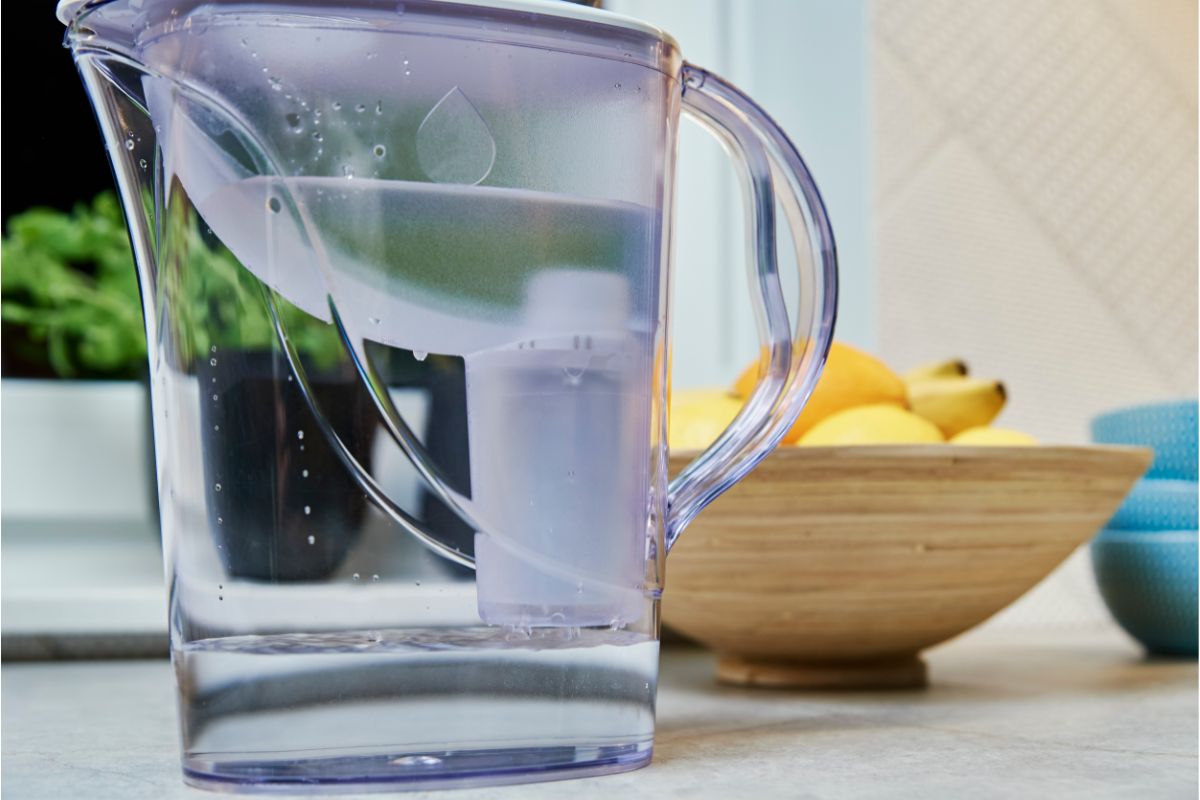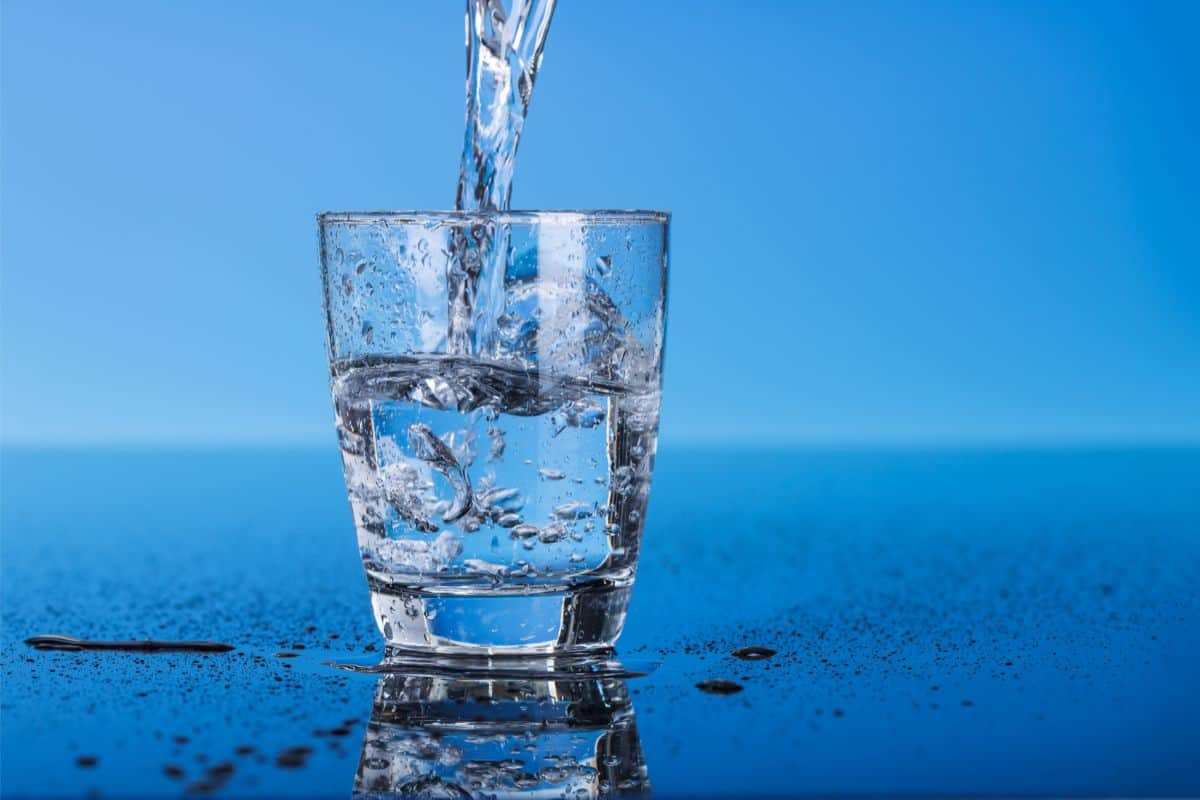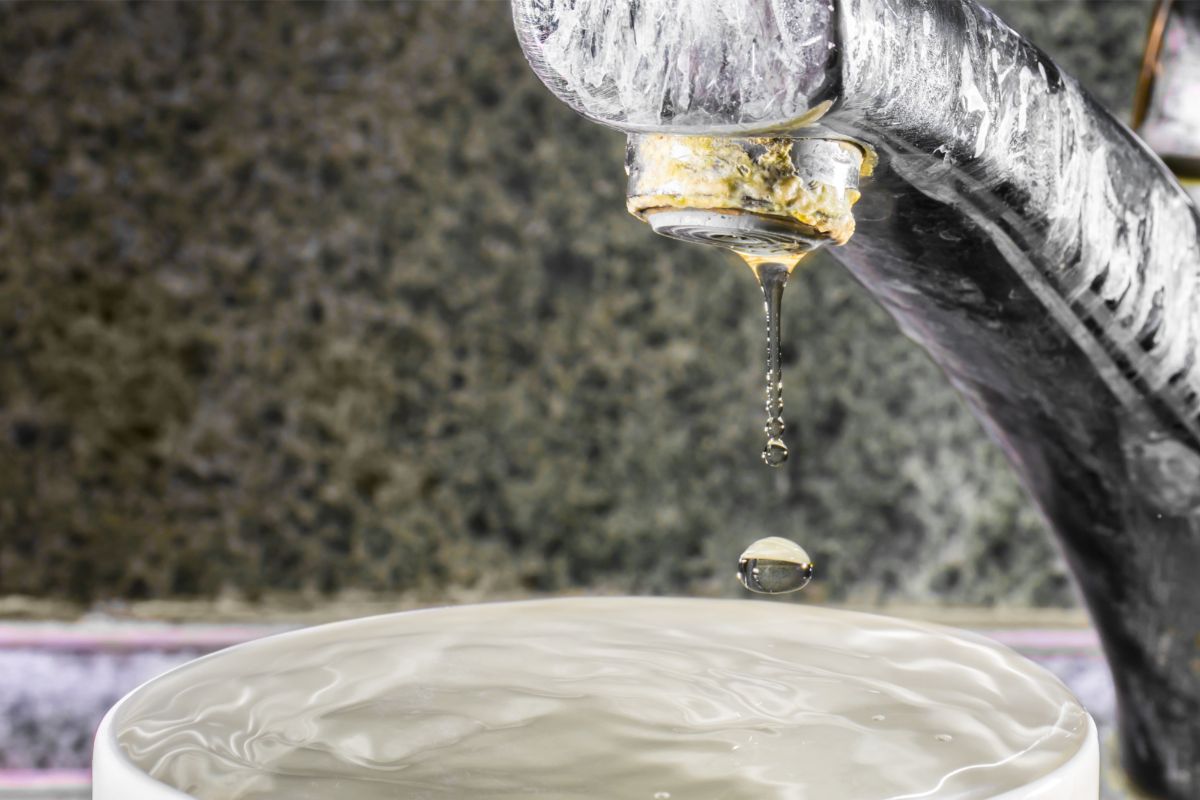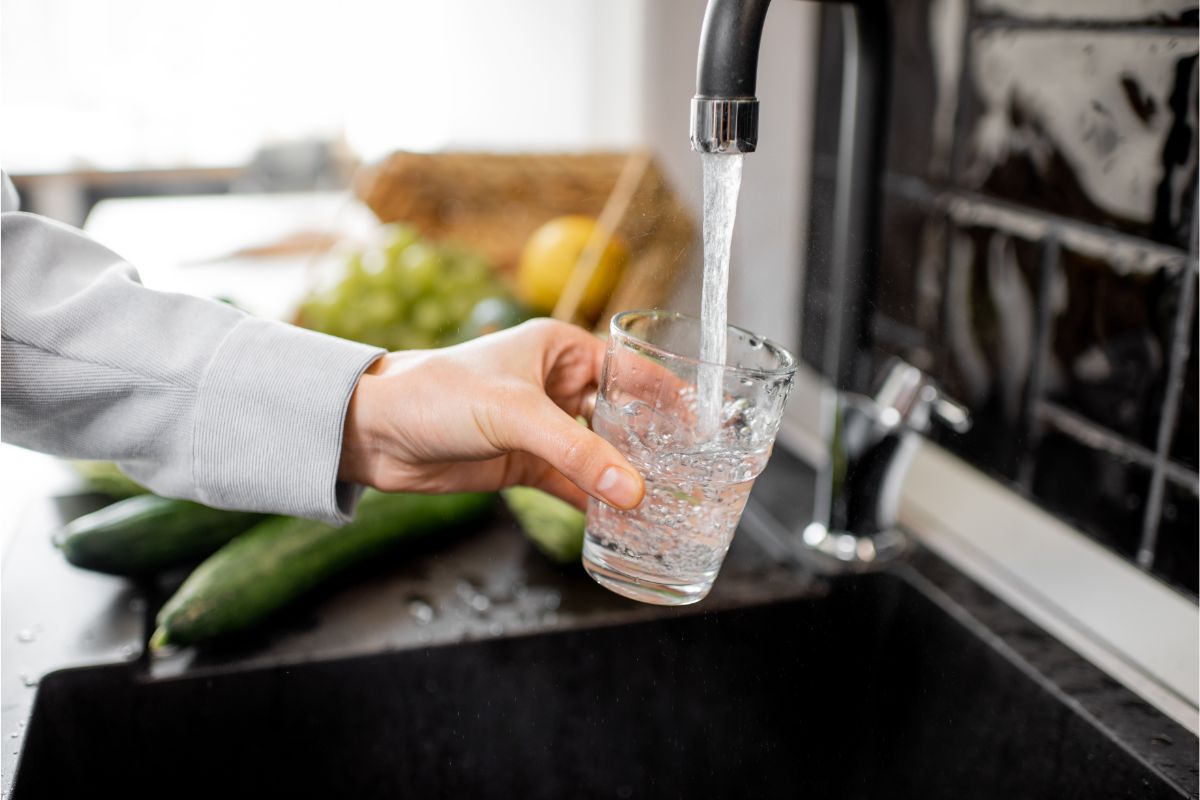We all know the importance of drinking water. After all, you won’t survive very long at all without it. Not only do we need to ensure that we are keeping ourselves hydrated, but it’s also just as important to make sure that the water we drink is clean water.
You’ve probably already heard some of the horror stories that can come from drinking dirty or polluted water. There’s a reason why there is such an emphasis on ensuring that people all across the world have access to clean drinking water.
Polluted water can be the cause of many different diseases such as diarrhea, cholera, typhoid, and polio. Did you know that polluted water can cause upwards of 485,000 deaths per year?
So we’ve established that you need to drink clean drinking water, but how do you ensure that the water is clear and uncontaminated? Well, you can distill or filter water, and the only real difference between the two is the purification process.
Throughout this article, we’ll go into more depth about all things distilled and filtered water and see which is the best choice for you.
Contents
Distilled Vs. Filtered
Many people just assume that distilled and filtered water are the same thing. It’s a fair assumption, but it’s not quite true.
Distilled Water
So what is distilled water? It is a cleaner form of water that is produced through the method of distillation. Basically, the water is first boiled, and then the collected steam is condensed back into a liquid, and this liquid is distilled water. Pretty simple right
This method is very effective because it removes all the impurities from the contaminated water. This method actually extracts 99.9 percent of the toxins that are found in the water.
So with distilled water, you can say goodbye to nasty chemicals, microbes, and inorganic compounds.
Is Distilled Water Safe
You can drink distilled water, but the issue that you’ll have is that while getting rid of all the toxins from the water, all the healthy minerals such as magnesium and calcium have also been removed.
Actually, if you do drink distilled water is it likely that really small amounts of minerals will actually be removed from your body through body parts like your teeth.
So it’s not really recommended that anyone who is ill or undernourished drink a lot of distilled water or you’ll be taking the minerals you need out of your body, instead of replenishing them.
It also means that distilled water isn’t great for rehydration. So if you do a big workout, a bottle of distilled water isn’t going to help you out much (or taste that nice.)
Distilled water is great for humidifiers though, because you won’t have any calcium build-up clogging your system.
Filtered Water
So then, what is filtered water? Well, filtered water does a similar job as distilled water, it rids the water of all those toxins and bad bits that make you ill. However, through this purification method, all the pollutants are able to be removed while still keeping all the minerals.
There are a few different ways that you can purify your water but the three most common ways to filter water at home are through carbon filters, reverse osmosis filtration systems, and ion exchange filtration.
Carbon Filters
This is the cheapest option of the three available. If you’ve ever poured yourself a nice cold glass of water from a filtered water pitcher or topped up a glass from the water dispenser in your fridge, then you’ll have already tasted the results of a carbon filter.
Carbon filters, for the most part, focus on extracting chlorine from the water in your faucet. They tend to improve the scent of the water, and they certainly improve the taste. You can also get some carbon filters that are a little fancier and these will use activated carbon to extract other contaminants too.
Reverse Osmosis Filtration Systems
Now, these may be a little more expensive than a carbon filter but they are much more effective. In fact, it is the most efficient method of the three.
So how do these work? Well, they essentially squeeze the water out of their semi-permeable membrane filters. During the process, it will remove all the chemicals and toxins.
The only drawback of these systems is that they are a bit like distilled water, they can tend to remove some of the minerals that we want to keep in the water such as magnesium and calcium.
Ion Exchange Filtration
If you struggle with hard water in your region, you may want to opt for an ion exchange filtration system. Hard water is where there is an abundance of minerals in the water. These systems will lower the number of minerals and instead replace them with sodium.
Final Thoughts
So, while filtered water and distilled water aren’t quite the same they are both safe to drink. The only real difference between the two types of water is that one still has its healthy minerals while the other has had its minerals removed.
If you are wanting to go for the absolute cleanest water then distilled is the option for you, but if you’re after the healthiest water then you’ll probably want to go for filtered water but ultimately the choice is yours.
Some people are happy to drink water straight from the faucet, but I would always recommend getting yourself a filtered water pitcher that you can keep in the fridge.
Not only are you ensuring that there are no toxins in the water that will make you feel ill, but the overall quality and taste are so much nicer.
Plus it’s a great way to ensure that you can always have a nice cold glass of water – there’s nothing worse than having to drink a lukewarm bottle of water on a boiling hot day.
